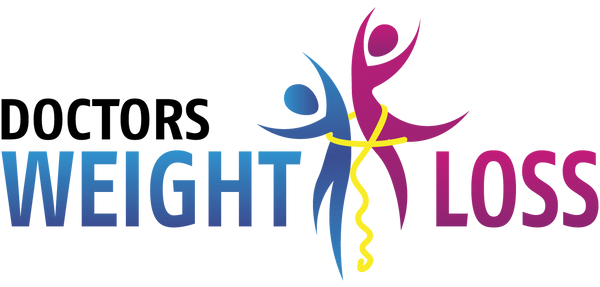There are many "health food" products on the market that are widely popular, yet filled with weight gaining ingredients, so it’s no wonder people are confused about what to eat for weight loss and optimal wellness. Seventy-four percent of our packaged foods have added sugars and since the Food and Drug Administration does not regulate terms such as “natural”, “superfood”, or “premium”, we may falsely perceive many of these processed foods as conducive to weight loss and health. Several variations of the following supposed health food items tend to have the highest amounts of sugars despite the fact they are usually touted as being healthy, so it is important to always check the label for nutrition information, ingredients, and sugar content.
Flavored Yogurts
Some yogurts can be certainly be incorporated in your nutrition plan but you must have a good look at the ingredients label to ensure you’re not packing in the same amount of sugar (or sometimes more) as you would with a bowl of ice cream. Flavored and low- or non-fat yogurts tend to be the biggest offenders with upwards of forty-seven grams of sugar per cup, which exceeds the limit of daily sugar intake for men and women in just one serving. It is best to choose full-fat, plain yogurt and be sure to check the label to make sure there is no added sugar by way of high-fructose corn syrup or other sweeteners.
Protein Bars
Just like yogurt, some protein bars are formulated to achieve weight loss results (see ours here), however, the majority are not. Many contain as much as thirty grams of sugar per bar which is equivalent to eating a standard candy bar. If you do enjoy snacking on a protein bar, check the label for high protein, low-carb, and low-sugar content.
Granola
Granola tends to be classified as a nutritious health food but most commercial brands include a variety of sweeteners in one brand. All three--cane sugar, brown rice syrup, and tapioca syrup are found in popular commercial brands of granola. Unfortunately, it is common place to top flavored yogurt with these sweetened grain mixtures resulting in a small meal that contains as much as sixty-three grams of sugar. If you’re a granola fan, there are many healthier renditions that include ingredients such as nuts, seeds, coconut, coconut oil, and vanilla extract.
Kombucha
Kombucha is ancient fermented tea and provides a host of benefits through its probiotic content, however, some brands have as much as twenty grams of sugar per serving, which is almost comparable to the sugar content of soda. If you’re looking for the gut and microbiome benefits that Kombucha can provide, choose unflavored selections which have less than four grams of sugar per serving.
Cereal Bars
Like many cereals, cereal bars are touted as “heart healthy” yet are packed with added sugars and highly processed ingredients. The nutritional value of the processed ingredients is so low that most cereal bars are fortified with fake synthetic nutrients as the processing kills many of the naturally occurring vitamins and minerals. To see our delicious and low-carb, low-sugar cereals, click here!
Premade Soups
Soups can be a wonderful part of your nutrition plan when using the right ingredients, however, if you’re looking for a quick low-carbohydrate and low-sugar soup found in a can, you will really have to inspect the nutrition label. For example, one can of Campbell’s classic tomato soup has twenty grams of sugar--the same as two glazed donuts! Not all canned soups are sugar culprits (see our high-protein, low-carb soups here!) so with some label checking, you may be able to find some convenient pre-made options.
Vitamin Water
Vitamin water is marketed as healthy since it contains a variety of added synthetic nutrients (some of which can be hard to absorb). Another addition to these drinks is sugar--one bottle has as much as thirty-two grams which is comparable to the amount of sugar found in soda. It’s best to stick to water, unsweetened sparkling water or low-calorie, low-sugar flavored drinks found here.
Canned Baked Beans
Beans and legumes can be higher in carbohydrates, however, they pack a huge nutrition punch so eating them in moderation can be beneficial. This doesn’t mean canned baked beans though! Canned baked beans are known for their sweet and tangy flavor because only one-half cup packs ten grams of sugar. Opt for dried beans that you have to prepare yourself so you know there are no added ingredients.
Bottled Smoothies
Many brands of bottled smoothies have more sugar than soda and the misleading factor is their labels are allowed to say “no added sugars.” This is because the sugar technically comes from fruit, however, when several pieces of fruit are processed, stripping nutrients, and condensed into a bottle, your body cannot decipher this type of sugar from the type found in a candy bar. You can make your own healthy smoothies by opting for ingredients such as coconut milk, kefir, avocado, hempseeds, kale, and berries.
With so many unhealthy "health foods" on the market, choosing the best nutrition plan can be difficult! We hope this blog has cleared up some of the confusion--just remember to always check the nutrition and ingredients label. And if you want all of the guesswork taken out of your nutrition planning, check out our meal plans found here!






